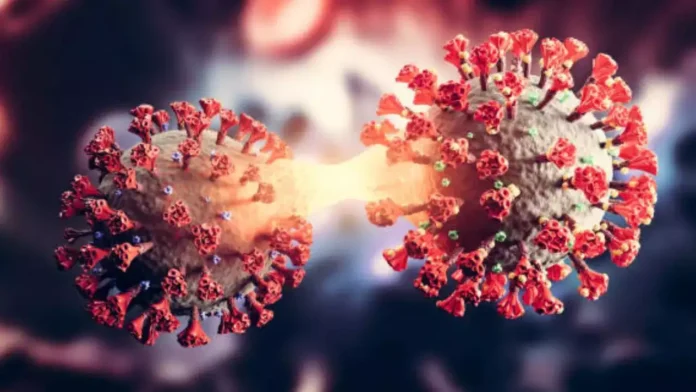The resurgence of Middle East Respiratory Syndrome Coronavirus (MERS-CoV) in Saudi Arabia has raised concerns among health authorities and the public alike. MERS-CoV, a viral respiratory illness, has been known to cause severe respiratory symptoms, including fever, cough, and shortness of breath, and in some cases, it can lead to pneumonia and even death.
MERS-CoV is a zoonotic virus, meaning it can be transmitted from animals to humans. While the exact source of the virus is not fully understood, camels are believed to be a primary reservoir for MERS-CoV, with evidence suggesting that the virus can be transmitted to humans through close contact with infected camels or their bodily fluids.
The recent resurgence of MERS-CoV cases in Saudi Arabia serves as a reminder of the ongoing threat posed by zoonotic diseases and the importance of vigilance in monitoring and controlling their spread. While MERS-CoV is not as contagious as some other respiratory viruses, such as influenza or COVID-19, it can still cause outbreaks, particularly in healthcare settings where infection control measures may be inadequate.
Despite the resurgence of MERS-CoV in Saudi Arabia, there is currently no evidence to suggest that the virus poses a widespread or imminent threat to global public health. However, health authorities are closely monitoring the situation and taking appropriate measures to contain the spread of the virus and protect public health.
In the meantime, individuals can take steps to reduce their risk of MERS-CoV infection by practicing good hygiene, such as washing hands frequently with soap and water, avoiding close contact with sick individuals, and avoiding contact with camels or their bodily fluids, particularly in areas where MERS-CoV is known to be circulating.
Furthermore, healthcare providers should remain vigilant for cases of MERS-CoV and be prepared to implement appropriate infection control measures to prevent transmission in healthcare settings. This includes isolating suspected cases, using personal protective equipment, and following recommended guidelines for the management of respiratory illnesses.
While the resurgence of MERS-CoV in Saudi Arabia is a cause for concern, it is important to remain calm and informed. By staying informed about the latest developments and following recommended guidelines for prevention and control, individuals and communities can help minimize the risk of MERS-CoV transmission and protect public health.
Moreover, it’s crucial to understand that while MERS-CoV can cause severe illness in some individuals, the majority of cases result in mild to moderate symptoms. According to the World Health Organization (WHO), approximately 35% of reported MERS-CoV cases have been fatal. However, the risk of severe disease is higher in certain populations, including older adults, individuals with underlying health conditions such as diabetes, cancer, or chronic respiratory diseases, and those with weakened immune systems.
Despite the relatively low number of MERS-CoV cases reported globally, the potential for the virus to cause outbreaks and spread within communities remains a concern. The recent resurgence of cases in Saudi Arabia underscores the need for continued surveillance and vigilance to prevent further transmission and minimize the impact of MERS-CoV on public health.
Health authorities in Saudi Arabia and other affected regions are actively working to contain the spread of MERS-CoV through a range of measures, including enhanced surveillance, early detection of cases, contact tracing, isolation of infected individuals, and implementation of infection control measures in healthcare settings. These efforts are aimed at preventing further transmission of the virus and protecting vulnerable populations from the potentially severe consequences of MERS-CoV infection.
In addition to the immediate public health response, ongoing research into the biology, epidemiology, and transmission dynamics of MERS-CoV is essential for developing effective prevention and control strategies. Scientists are working to better understand how the virus spreads, its animal reservoirs, and factors that contribute to its emergence and transmission in human populations. This knowledge will inform the development of vaccines, treatments, and public health interventions to mitigate the impact of MERS-CoV on global health.
In the meantime, individuals can take proactive steps to protect themselves and their communities from MERS-CoV and other respiratory viruses. This includes practicing good respiratory hygiene, such as covering coughs and sneezes with a tissue or elbow, wearing masks in crowded or enclosed spaces, and avoiding close contact with individuals who are sick or showing symptoms of respiratory illness.
Additionally, individuals should stay informed about the latest developments and recommendations from local health authorities and international organizations such as the WHO. By staying informed and following recommended guidelines for prevention and control, individuals can play a role in minimizing the spread of MERS-CoV and protecting public health.

